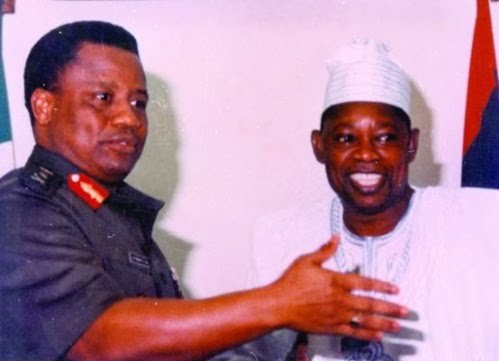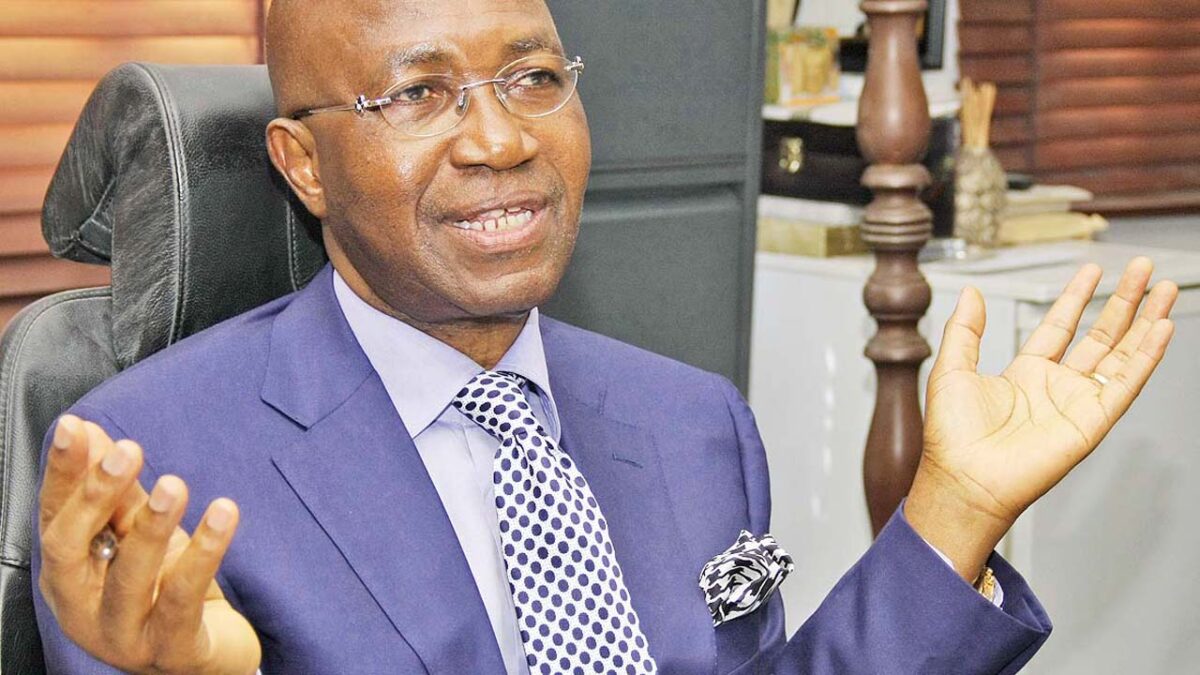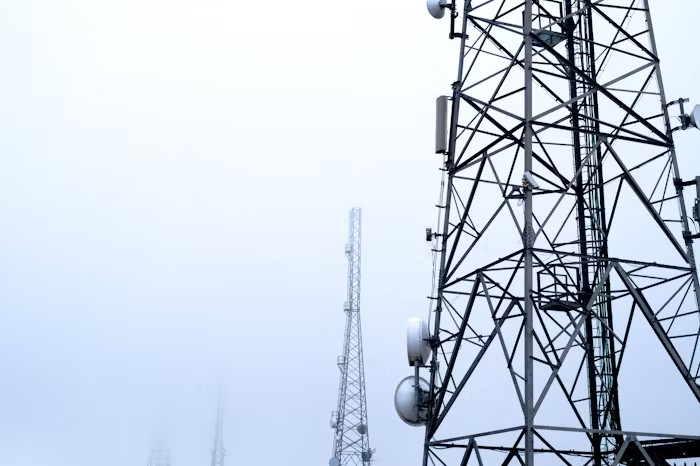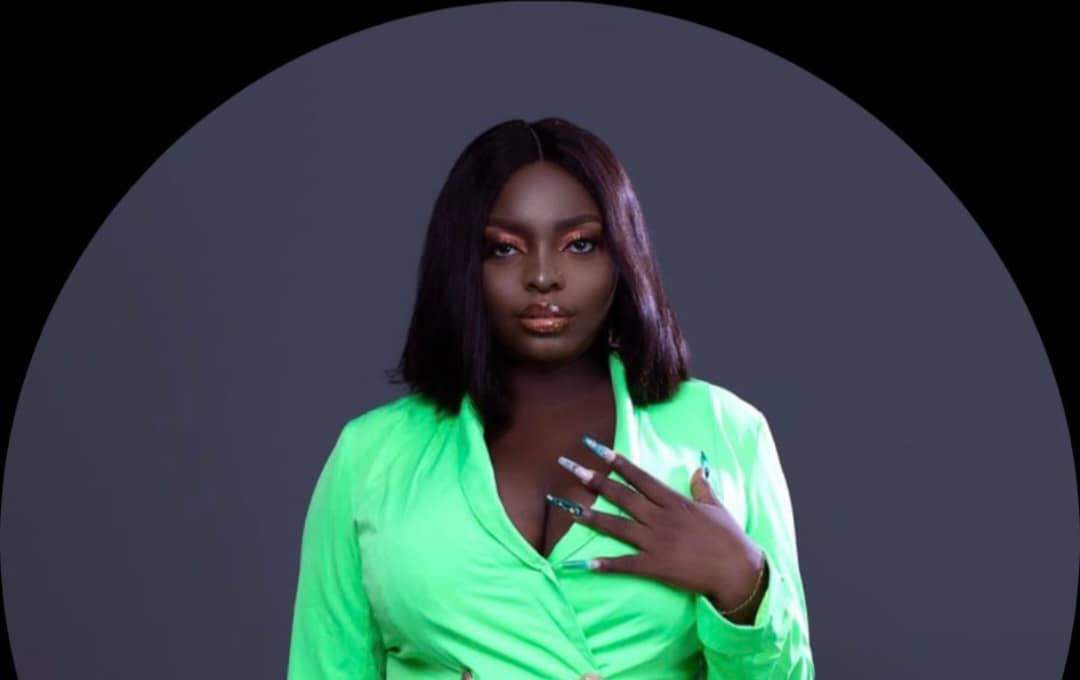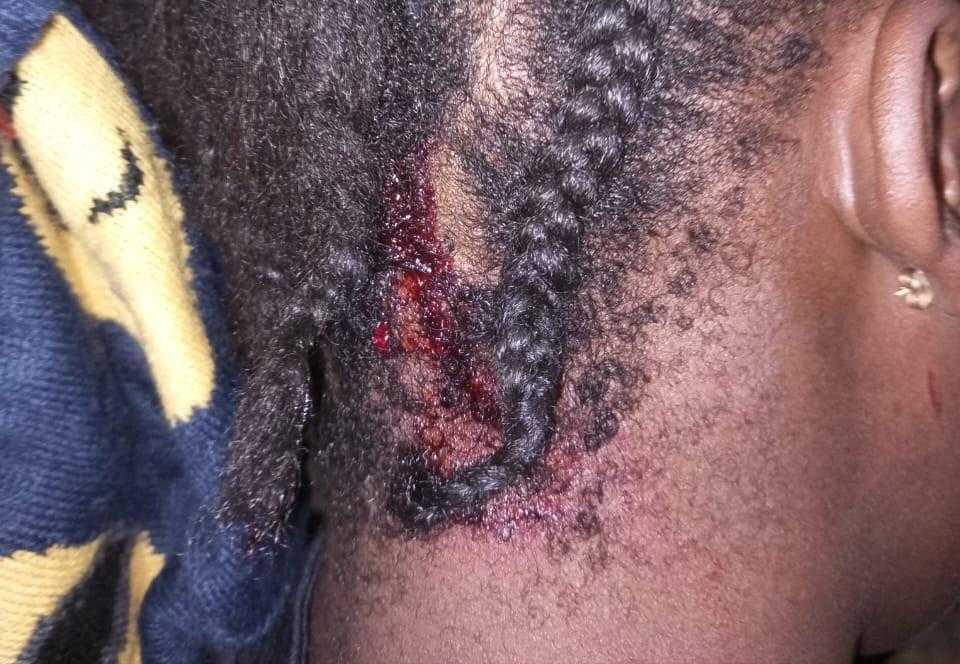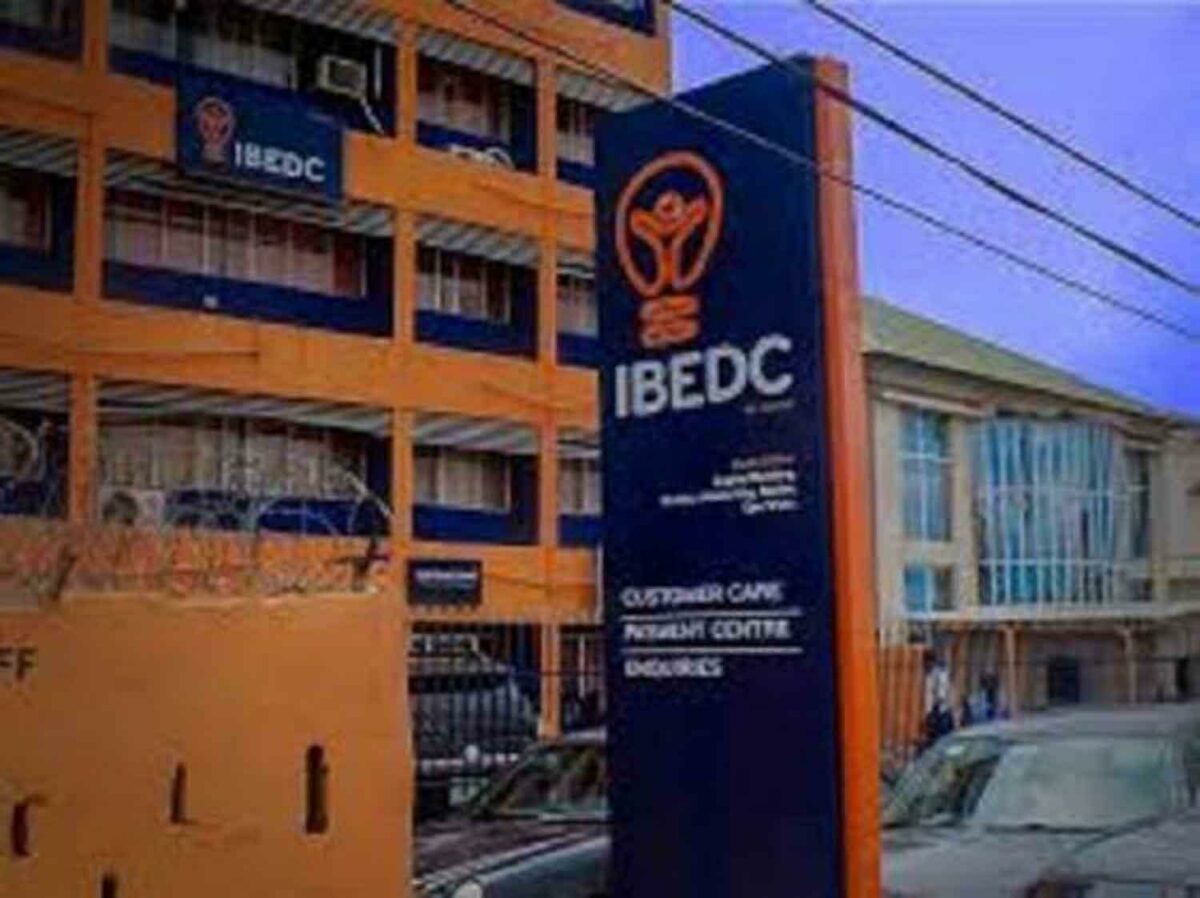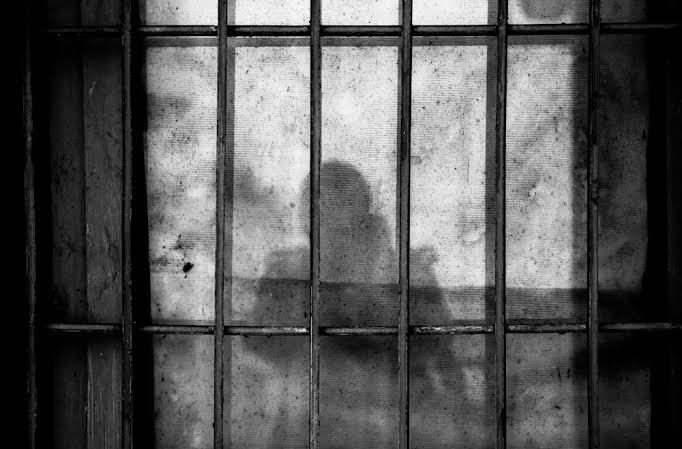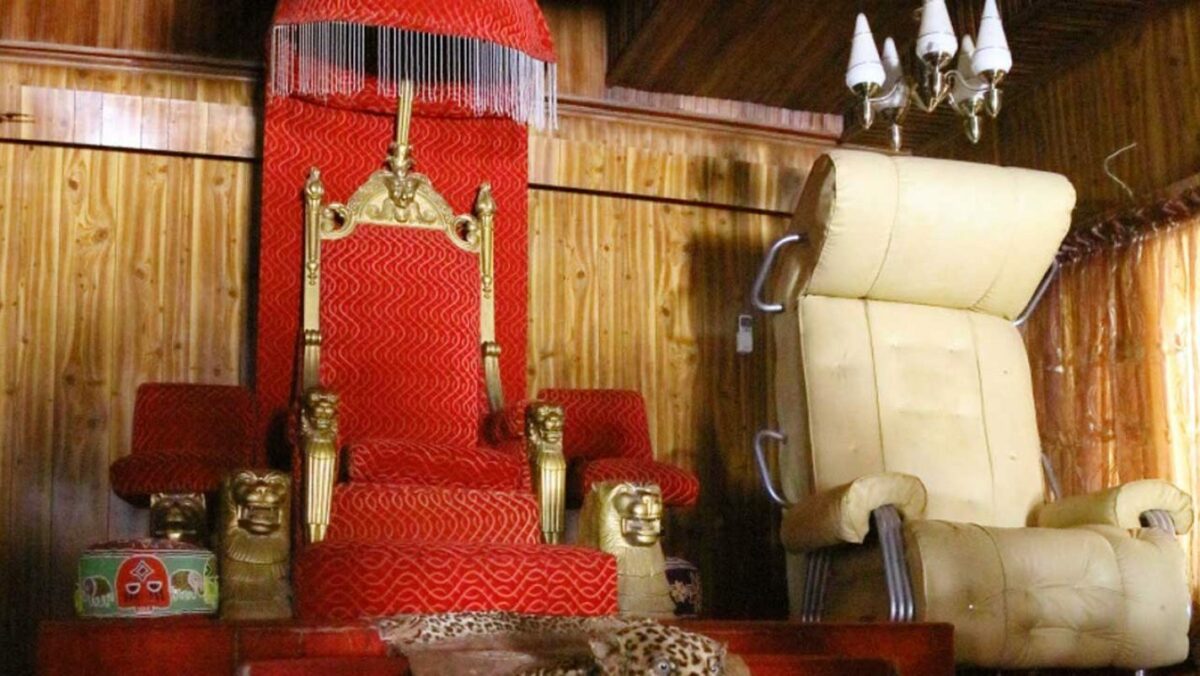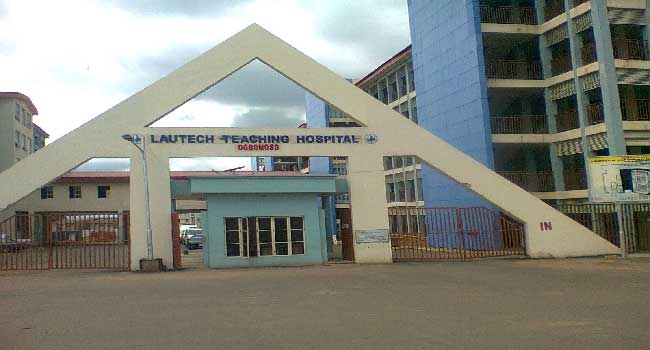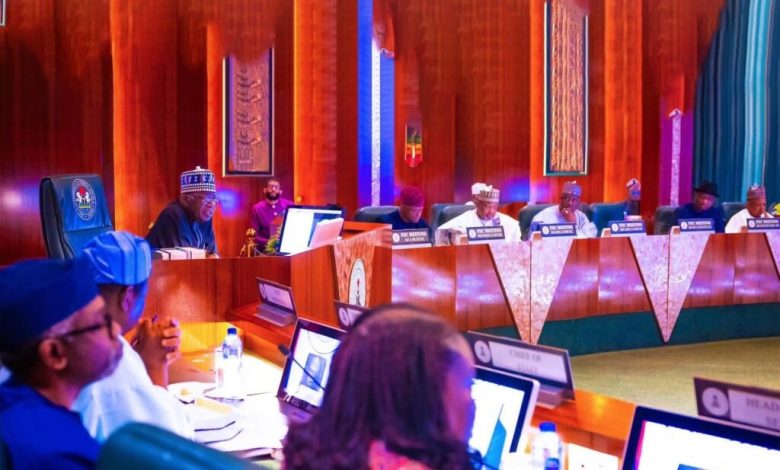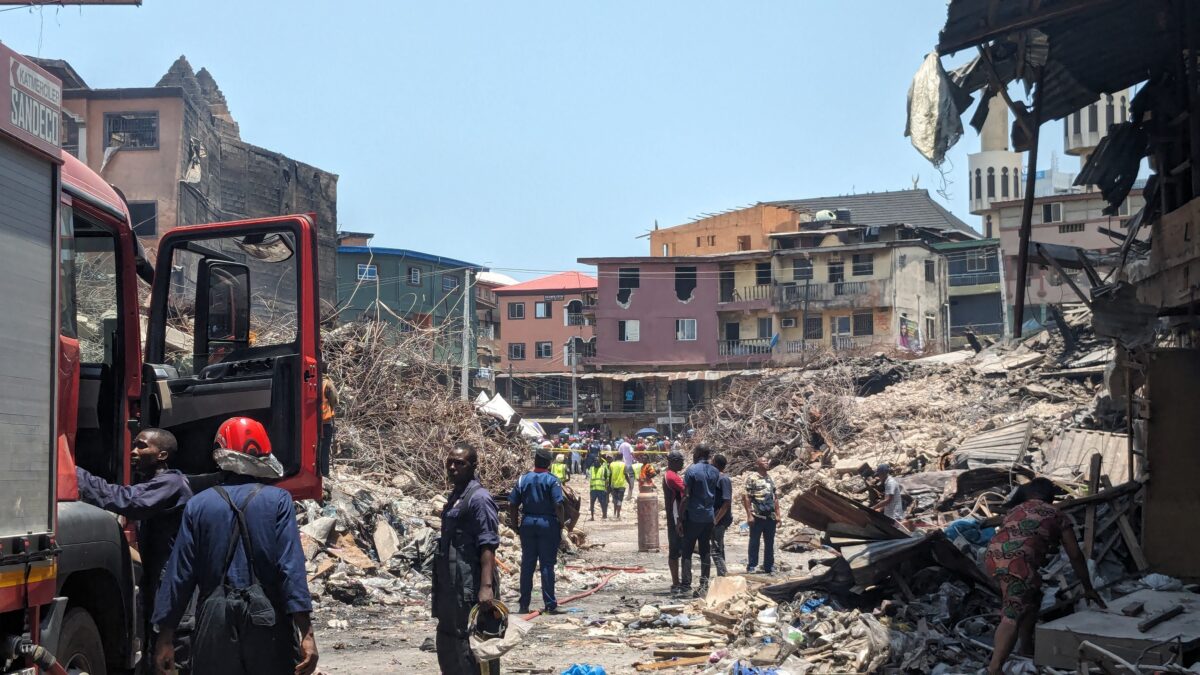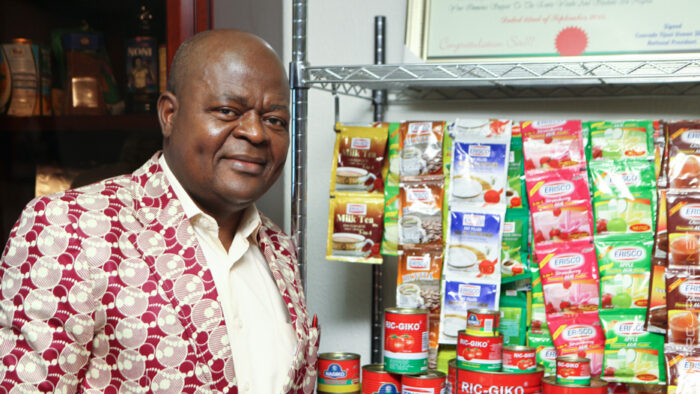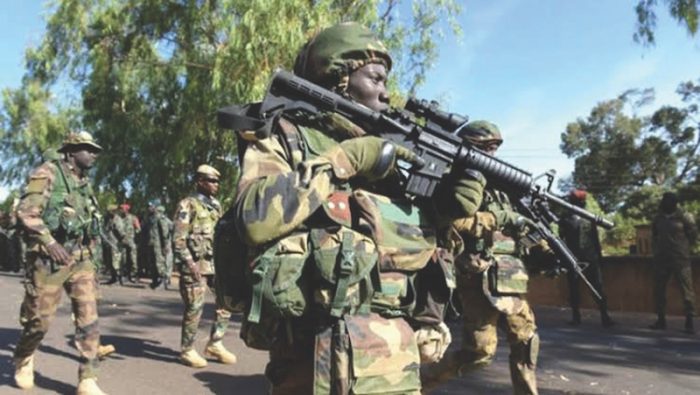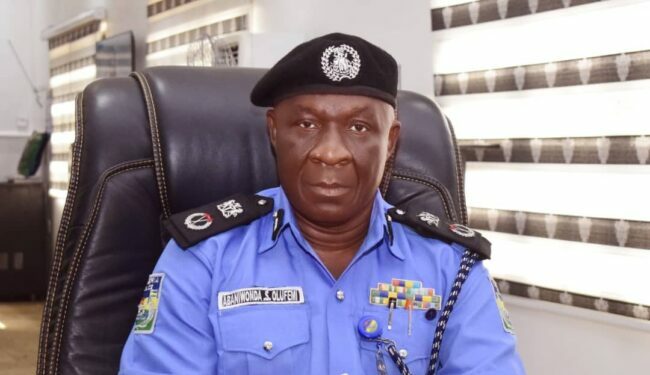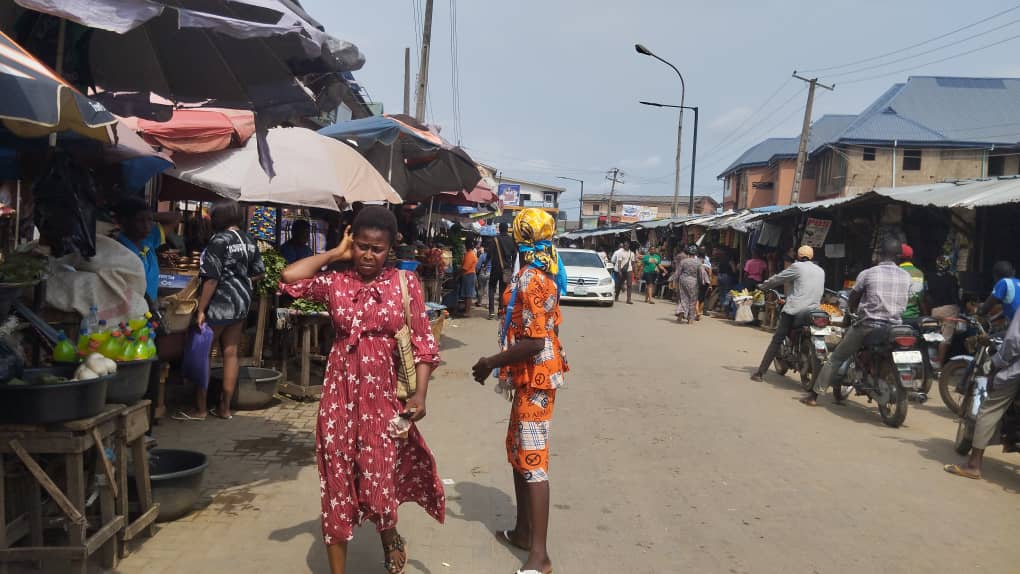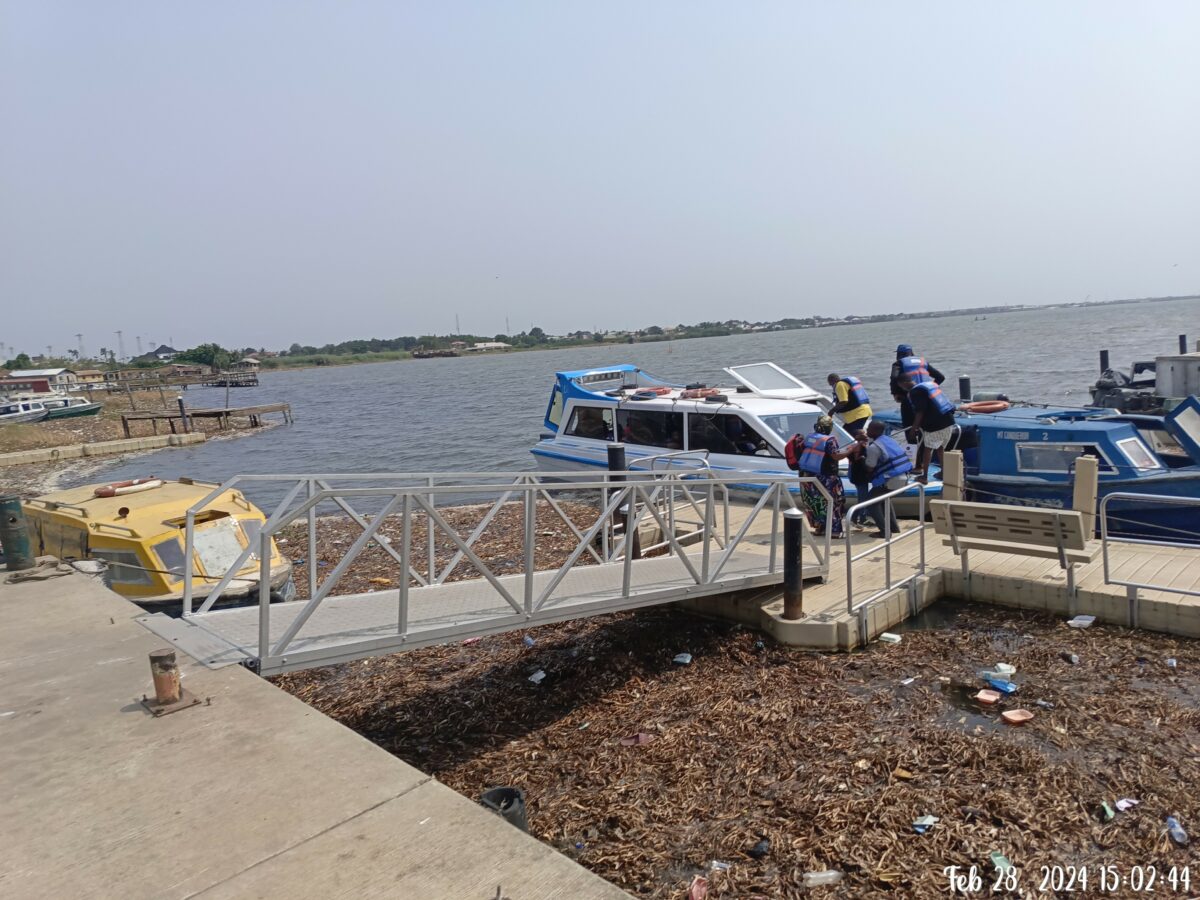The peacock’s crown is not for everyone ~ Yoruba Proverb
O foolish Galatians! Who has bewitched you that you should not obey the truth, before whose eyes Jesus Christ was clearly portrayed among you as crucified? Galatians 3:1 (New King James Version)
When Apostle Paul wrote the above scripture, he was addressing the people of Galatia, so his message was specific. And in calling them foolish, he didn’t mean it as an insult in the English sense of the word, but rather, that they had the capacity to think but failed to do so, or use their power of perception.
As the country burns, the southern part is fixated with how to entrench a former governor who runs his state on a patronage system, with extractive economic and political institutions, and maintains the use of thugs to cling to power like a mafia lord. Another part of the south is concerned with how to produce a president from its region as an atonement for the civil war, in a way, trying to cling to the ‘One Nigeria’ mantra. Already, the former governor who has strategically placed stooges as governors across the country, has his posters decorating Lagos. It is a fixation on power for a seeming sacrifice that was made in 2015 out of the need to inch closer to the presidency.
When the former Action Congress of Nigeria (ACN) joined forces with the Congress for Progressive Change (CPC), it was with the hope that the baton of power would be secured for 2023. After helping to secure the presidency for General Muhammadu Buhari after his hat-trick failure. What Bourdillon failed to calculate, like most southern counterparts, was two things: Buhari could decide to support someone else, or there could be no country to govern in 2023. Either way, it could be a route to June 12, 1993, when the country’s democratic process to a civilian government was truncated, and the south suffered a loss it still painfully remembers.
The political ignorance of those in southern part of the country extends to the church. And the church is one of the biggest culprits of the current state the country has found itself in. One must however note, the Christians in the north are radically aware, politically, of their place in this country. Churches like the Church of Christ in Nigeria (COCIN), the Evangelical Church of West Africa (ECWA) and other indigenous churches have bore the brunt of the decisions various General Overseers have made.
If the Muslims from the south think they are exempted, they are wrong. In fact, in their ignorance, when they try to lay claim to a similar religion to those from the ruling elite in the north, they fail to take into consideration the fact that the intersection of ethnicity and perceived pureness of Islam separates them both.
David Hundeyin, a brilliant Nigerian journalist summarized the relationship between the Southern Muslims and Northern Muslims in a series of tweets. The tweets were screenshots of a paper written by Saheed Ahmad Rufai who relied on primary sources and highlighted the formation of the Nigerian Supreme Council for Islamic Affairs in 1973.
All “principal offices of the Council were also reserved for the northern part of the country”, and the position of the National Legal Adviser was created “as a compensation or consolation for the Southern Muslims.”
Despite Alhaji Moshood Abiola being the Vice President-General of the Council, there was little or no effort done to get him out of prison or get him his mandate as President of Nigeria.
Hundeyin noted, “The Sultan of Sokoto was releasing media statements supporting the annulment of the June 12 election while assuring MKO that he didn’t know who issued the statements in his name lol. MKO went to prison and they didn’t. And then he died.”
When crises takes over certain parts of the northern part of the country as it usually does, many times, the Yoruba Muslims think of themselves exempted from the crises. And many times, they find themselves victims of the crises.
To be a Nigerian is first and foremost to be highly aware of who you are and your place in the society. The majority of southern Nigeria is unaware of who they are in the Nigerian society. They are also highly unaware of how Nigeria itself works and who Nigeria works for.
There is a huge distinction between the pastor in the north who has to be militant, sometimes have a pump action hidden somewhere and who has seen members killed because of their faith; as compared to the southern prosperity thumping pastor who exists in a bubble of what Nigeria is. The dysfunction of Nigeria is yet to be felt by the majority of the middle class and faith leaders in the south and this explains why Pastor Poju Oyemade, the Convener of The Platform Nigeria, an event designed to discuss national development within Nigeria, fails to see why a boycott for the event trended on social media.
The hashtag #BoycottThePlatform seemed to me a realisation for once, thanks to the efforts of the likes of Hundeyin, that the southern Nigerian youth was starting to be aware of their role and place in Nigeria. Those from the South South whose villages have been sacked by the Nigerian Army would easily understand what it means to be a minority in Nigeria. But those in Lagos, who sit in a bubble of economic growth and highfalutin speeches laced with lyrical suffixes of -ire, will always preach one Nigeria and governance when it is clear those concepts fail to apply to Nigeria’s current state. How difficult is it not to see the southern Nigerian as ignorant?
When Buhari failed to relieve the Minister of Communications and Digital Economy, Isa Ali Pantami, from his position, a veil was slightly removed from the eyes of many southern youths. However, the southern elite who had supported Buhari in 2015, will be the same ones who will support who ever will succeed him in 2023 all things being equal. When the power they seek eludes them, the masses won’t protest as they did in 1993.
It is interesting to note, that the race to 2023 is more of a conversation starter in the south, than the economic and security state of the country that is slipping into chaos. If the civil war has taught us anything, it should be to identify the drum beats of war. When a country is in a state of war as Nigeria currently is in, elections are the last discussions that should be on the table. If Southern politicians and religious leaders were smart, their focus would be on getting economic policies that work for their people. But alas, here we are O ye foolish Southern Nigerians!
Subscribe
Be the first to receive special investigative reports and features in your inbox.


